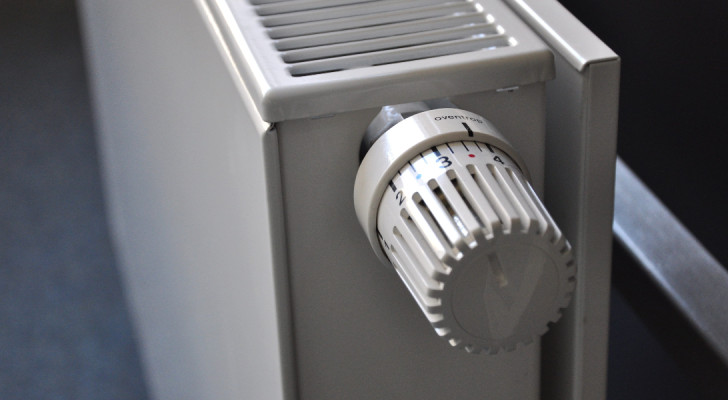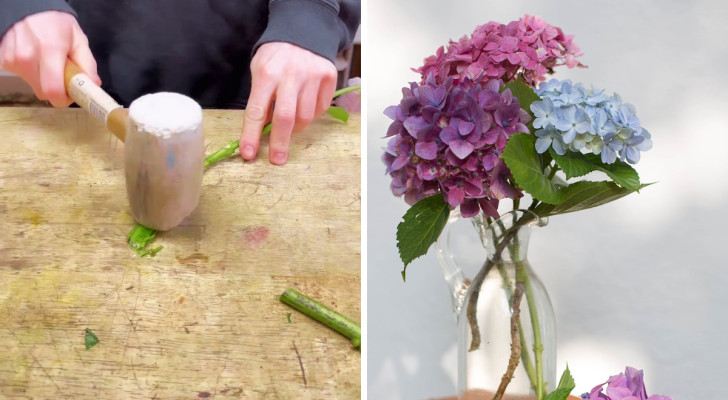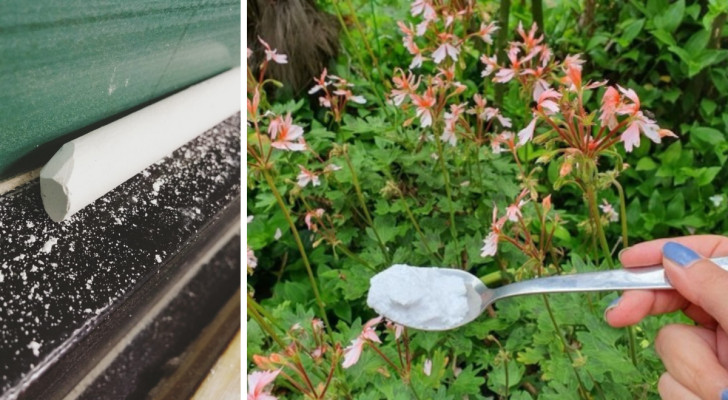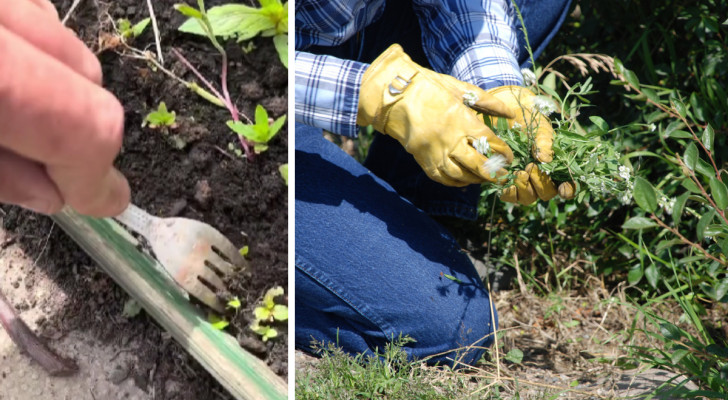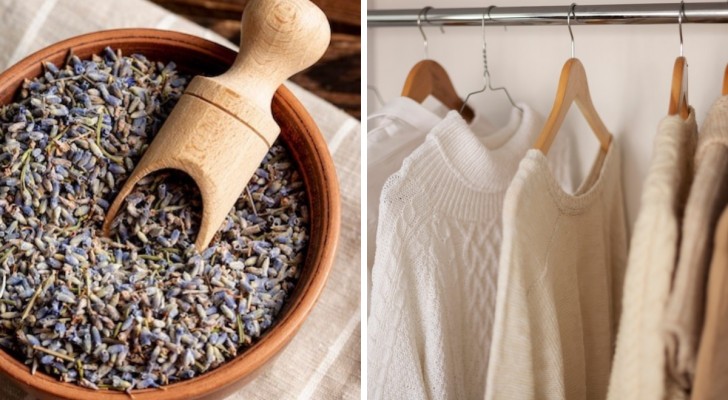Cleaning windows quickly and thoroughly is easy by using just two products you probably have in the kitchen
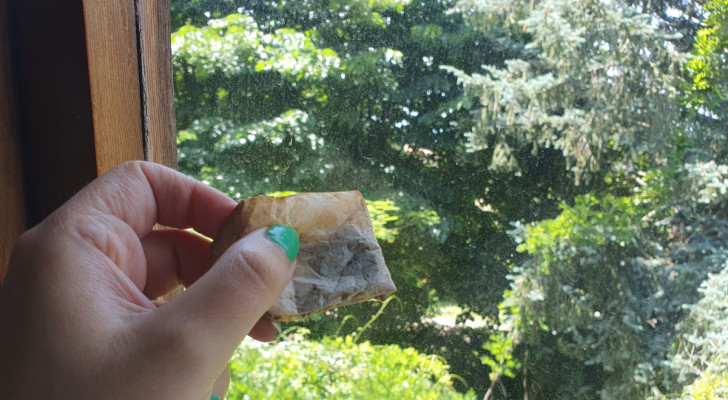
If there's someone in your house who loves tea, you're in luck: you'll have an extra resource to use to clean your windows properly! And in the kitchen, you will find another resource that is always useful for cleaning glass: vinegar. With these two products, a little water and some microfiber cloths, a window in any condition can be cleaned! And if you encounter particularly stubborn grime, you can find yet another cleaning ally in the kitchen!
Vinegar and black tea for crystal clear windows
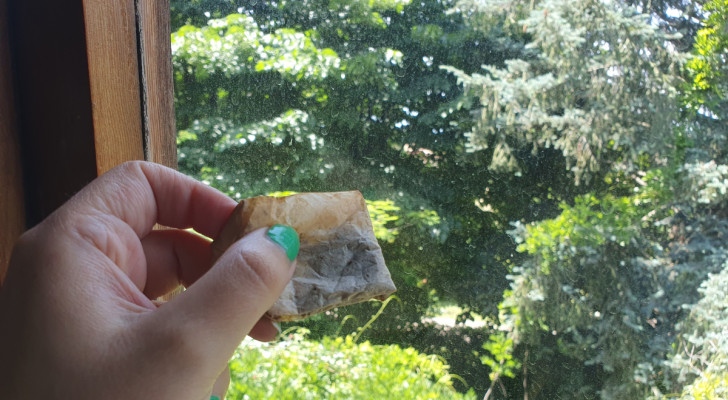
Creativo
Using vinegar to clean windows is a very reliable, popular, home-grown remedy - and for good reasons: the acetic acid in vinegar dissolves limescale desposits and grime that usually builds up on window glass (typically left by rain, inadequate previous cleaning efforts and ambient pollution). Usually, white alcohol or distilled vinegar is recommended for use in this role, but wine vinegar is also effective.
And black tea? Well, this type of tea contains tannins - which have astringent and degreasing properties - and tannic acid (a weak acid that is effective in removing limescale). Combined, these properties makes black tea an effective glass cleaner. Note: black tea is not a "real" detergent, so it may not be able to remove stubborn grime from glass. Also, be aware that if black tea drips onto fixtures and fittings, it can stain them.
So, let's check out how to use these two cleaning ingredients:
- Get yourself a spray bottle, and pour water and white vinegar into it in equal parts (1:1);
- Have several clean, dry microfiber cloths at the ready;
- Into a small bowl, pour your black tea (perhaps even adding the tea bags in the bowl). In order not to waste money, you can use already-used tea bags.
Here's how to proceed:
- If you want to use the tea bags themselves, squeeze them out well (and without rupturing them) and use them like a sponge, rubbing them on the dirt and grime. If using just liquid tea, soak a cloth in it and wring it out properly;
- Systematically rub the dampened cloth over the glass;
- When you have finished doing this, and before the glass dries, spray the mixture of water and vinegar onto the glass (but not so much that it runs) and use a clean cloth to wipe down the glass;
- Continue like this until you have removed all the dirt and grime on all the panes of glass;
- Finish by polishing the glass with another dry, clean cloth.
A glass cleaning "booster" you'll also find in the kitchen
If you are still not entirely satisfied with your glass-cleaning efforts, you can restort to using another cleaning resource you have in the kitchen: dishwashing liquid. You really only need to use one drop, which you should add the above-described vinegar-water mixture. The detergent will add to the the mixture's degreasing and dirt-removing power.
Finally, here are some extra, useful tips:
- Don't wash the windows when they are in full, direct sunlight: whatever method you use, the water will evaporate too quickly and cause hard-to-remove streaking;
- For a similar reason, when washing windows with water (and regardless of the method), it is best for the water to be lukewarm: water that is too hot will evaporate too quickly and leave streaks; cold water will not be able to dissolve grime properly and efficiently;
- If you just need to do just a routine cleaning of your windows that are not too dirty, you can simply use some alcohol by itself. But, like black tea, ensure that the alcohol does not drip as it can damage surfaces (like your window frames - and especially if they are wooden).
Great job!
